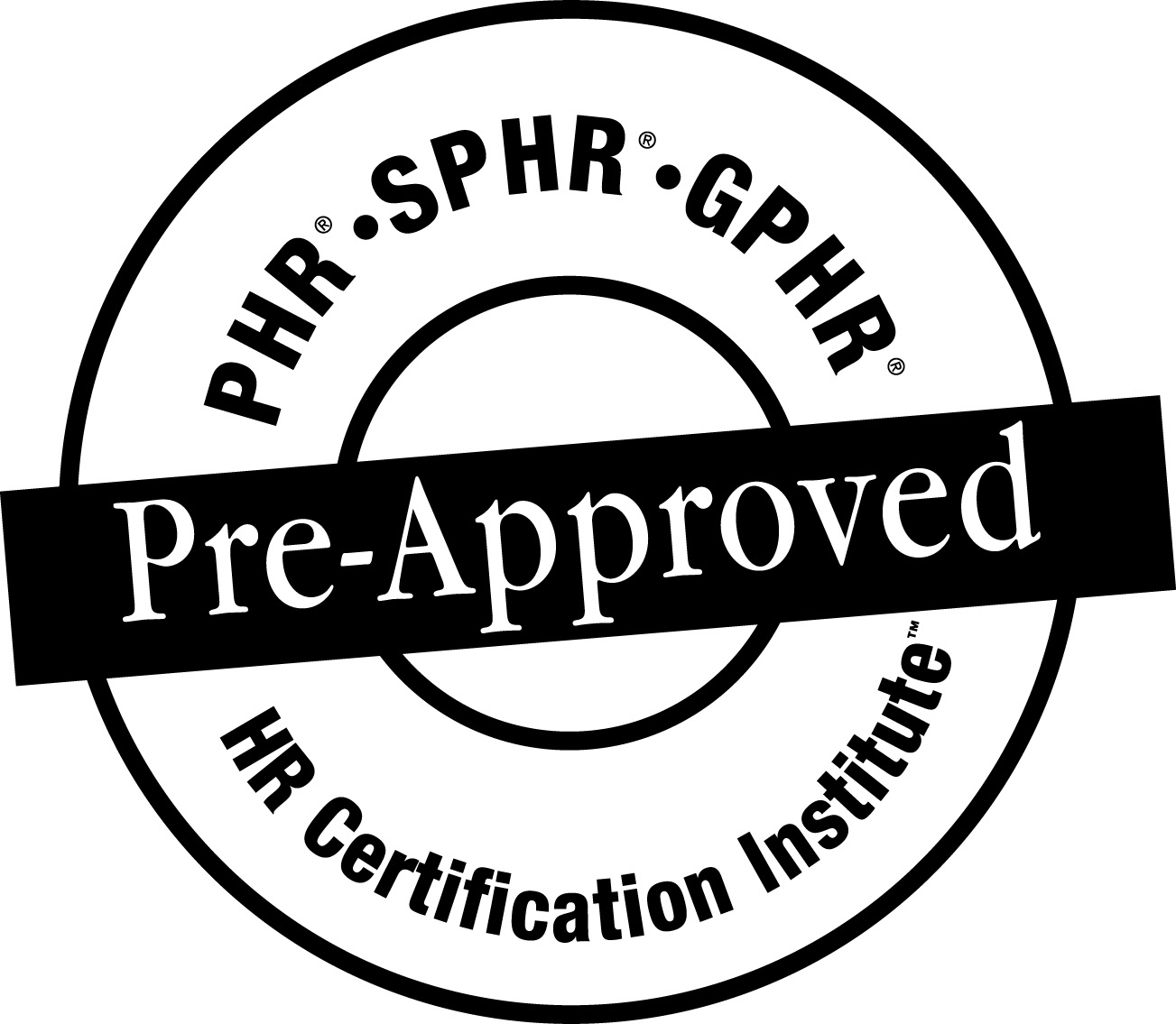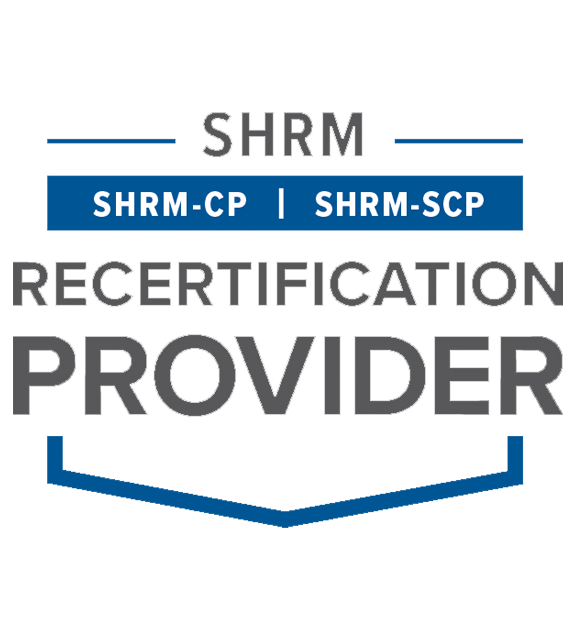3-Session Premier Course
Note: This program is open to public entity members of GSMJIF, PEJIF and CivicPro only.
Various factors converge to increase the frequency of lawsuits against New Jersey municipalities alleging discrimination, harassment and whistleblowing violations. Changes to the law have lowered barriers to litigation, as unionized an nonunionized employees have become emboldened to sue their employers on meritless claims. Some even use social media to champion their cause. And as public employees, municipal workers - from police officers to DPW workers – enjoy additional constitutional protections. All of this can result in municipalities being easy targets for lawsuits by aggrieved and disgruntled employees.
Now more than ever, municipal Human Resources administrators must assess and manage employment liability risks, and help guide departments and personnel through their legal and policy obligations.
This three-session course provides a comprehensive, hands-on understanding of essential legal issues necessary to manage an increasingly risk-based workplace.
Session 1 - Applying Equal Employment Opportunity Law and Preserving a Legal Defense
Over the past decade, thousands of charges of job discrimination have been filed against municipalities. While the majority allege discrimination, harassment and retaliation based on disability or race, many others allege sex, age, religion and national origin discrimination. Each year, one in four employers is a target for such a charge. This unique session will not only review and evaluate relevant case law under federal and state discrimination statutes but will also present an in-depth look into a discrimination charge, emphasizing the ways employers may preserve evidence and prepare a defense. The session will also explore the best practices and policies that have been proven to reduce the threat of discrimination charges.
- Overview of Federal and State Discrimination Statutes
- Workplace Harassment – Gender and other bases
- Reasonable Accommodations and Medical Documentation
- Document Retention and Preservation of Evidence
- Preserving a Defense - Aguas v. State of New Jersey (2014)
- Avoiding Retaliation
Session 2 - Managing incidents of Whistleblowing and Retaliation
You have heard about them. You have read about them. Indeed, Time Magazine has celebrated them as Persons-of-the-Year. Whistleblowers play an important role in exposing municipal misconduct. New Jersey has the toughest whistleblower law in the nation – the Conscientious Employee Protection Act (CEPA) - but not every gripe or ethical dispute constitutes “whistleblowing”. And, some employees try to preserve insecure jobs by falsely claiming to be whistleblowers. To avoid the whistleblowing traps, it is important to understand the nature of whistleblowing and have proactive policies and practices in place.
- What Type of Conduct Does the Law Protect
- Evaluating Potential Whistleblower Charges
- What is Retaliation -- The Difference Between Legitimate Discipline and Retaliation
- What Kind of Policy is Required
- When to Get Your Lawyer Involved
Session 3 - How to Conduct an Internal Investigation
Responding to allegations of misconduct must be approached with care and consideration. An investigators job is to conduct a comprehensive, objective and professional investigation that allows for a credible determination to be made about what happened and whether a violation, legal or otherwise, has occurred. But investigations are not merely information-gathering; they can sink or save an employer's efforts to evaluate employee claims and prove compliance.
- Who should conduct the investigation
- Interviewing witnesses
- Confidentiality considerations
- Preserving documents and evidence
- Communicating with both parties
- Whether to trigger the attorney-client privilege
- Legal protection for the accuser and accused
Instructor
Andree P. Laney, Esq.
Dates - 3 Sessions
- March 20, 2024
- March 28, 2024
- April 4, 2024
Each session is conducted via Zoom and runs from 10am-11:30am.
Register Now
Cost
Session cost is covered by NIP Group for public entity members of GSMJIF, PEJIF and CivicPro.
HRCI credits offered.


